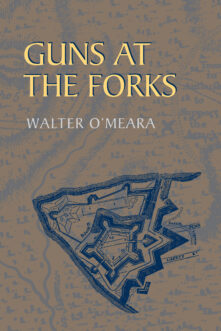Books
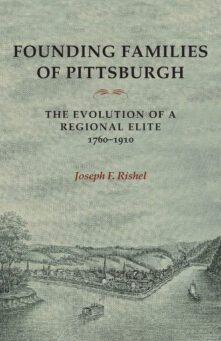
Founding Families Of Pittsburgh
The Evolution Of A Regional Elite 1760-1910
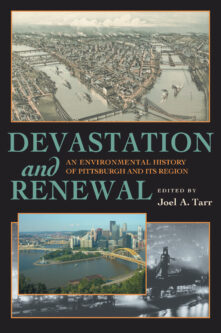
Devastation and Renewal
An Environmental History of Pittsburgh and Its Region
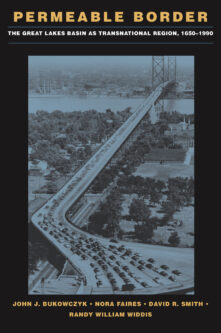
Permeable Border
The Great Lakes Basin As Transnational Region 1650-1990
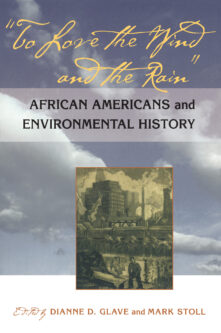
To Love the Wind and the Rain
African Americans and Environmental History
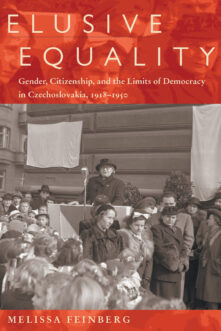
Elusive Equality
Gender, Citizenship, and the Limits of Democracy in Czechoslovokia, 1918-1950
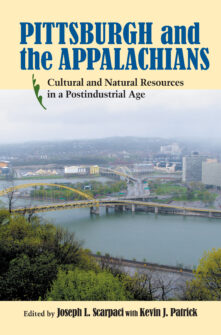
Pittsburgh and the Appalachians
Cultural and Natural Resources in a Postindustrial Age
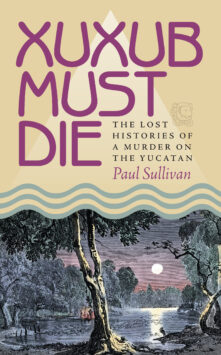
Xuxub Must Die
The Lost Histories of a Murder on the Yucatan
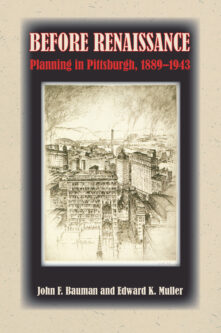
Before Renaissance
Planning in Pittsburgh, 1889-1943
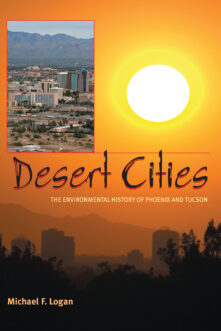
Desert Cities
The Environmental History of Phoenix and Tucson
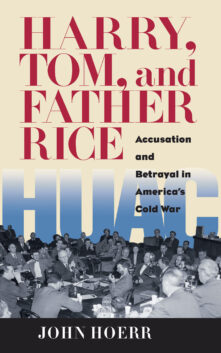
Harry, Tom, and Father Rice
Accusation and Betrayal in America's Cold War
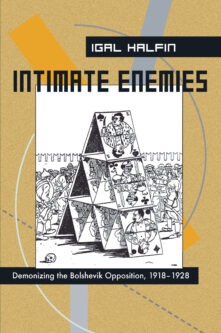
Intimate Enemies
Demonizing the Bolshevik Opposition, 1918-1928
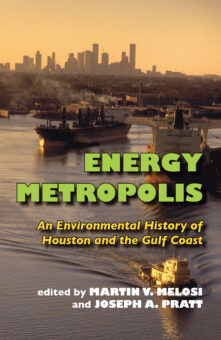
Energy Metropolis
An Environmental History of Houston and the Gulf Coast
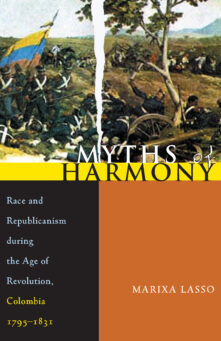
Myths of Harmony
Race and Republicanism during the Age of Revolution, Colombia, 1795-1831
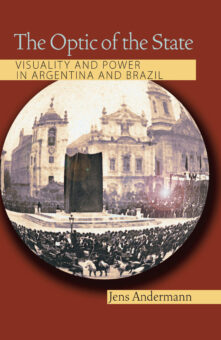
The Optic of the State
Visuality and Power in Argentina and Brazil
Total 205 results found.


